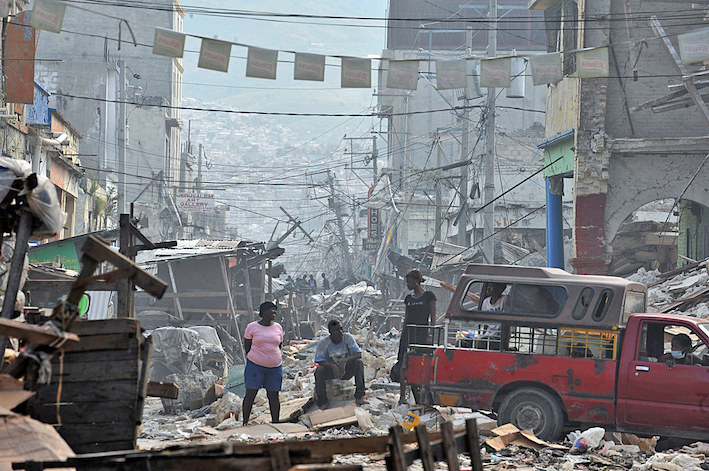
In some areas of Haiti, the severity of the hunger crisis has reached an alarming level, with 97% of households facing severe hunger, according to a recent survey conducted by Mercy Corps. The study focused on the neighborhoods of Croix-des-Bouquets and Delmas, where out of 2,664 households interviewed, a staggering 2,596 reported suffering from severe hunger and typically receiving no more than one meal a day. Only a few households, five to be precise, reported little to no hunger. This dire situation is exacerbated by the ongoing security issues in the country, as armed gangs continue to vie for control since the assassination of President Jovenel Moïse in July 2021.
The hunger crisis in Haiti is the worst it has ever faced, with armed gangs impeding the transportation of food from rural areas to urban centers due to checkpoints on major roads. Additionally, widespread violence and rampant kidnappings have crippled the economy and led to high unemployment rates, making it extremely difficult for households to make ends meet. Even for those with a source of income, 75% of them find it immensely challenging to survive on a monthly income of less than 10,000 gourdes (US$74). The situation is particularly harsh for female heads of households who bear the brunt of these challenges.
Gangs now control a significant portion of Port-au-Prince and have been expanding their influence across the country, resulting in a complete security vacuum. Johan Lefebvre Chevallier, Mercy Corps’ country director for Haiti, highlights that the conditions on the streets have become unbearable, further exacerbating the crisis. The United Nations reports that approximately 5.2 million people, almost half of Haiti’s population, are in desperate need of humanitarian assistance. Shockingly, out of these numbers, around 3 million are children.
NGOs attempting to provide aid face significant obstacles due to the violence, kidnappings, looting, and road blockades perpetuated by armed groups. The situation has become so dire that UN Secretary-General António Guterres called for urgent international intervention to address Haiti’s plight. A proposal from Kenya to send 1,000 police forces has been put forward, although concerns about human rights have been raised. The report prepared by Guterres suggests that military forces may also need to be deployed alongside police forces to disarm gangs and restore order.
The situation in Haiti necessitates a robust response, with the UN considering options such as providing logistical support to the non-UN force and strengthening its existing political mission in the country. However, considering Haiti’s history of failed foreign interventions, there are concerns about the effectiveness of such measures. The hope is that international support will be mobilized to alleviate the suffering and restore stability to the country.





